FATAL PRACTICE
multi-platform concept combining art exhibitions, live performances and digital explorations
visionary world of experimental engagements in cinematic settings
multi-platform concept combining art exhibitions, live performances and digital explorations
visionary world of experimental engagements in cinematic settings
The core idea of the show was to explore more dynamic and engaging ways of utilizing the gallery space, moving beyond the traditional, sterile white settings.
Most often, when you visit a photography exhibition, you see the artists' framed works hanging on the walls. You may appreciate what you see, feel inspired, take photos of their photographs, and that's usually where it ends.
That burst of inspiration often remains unrealized. Even if you dream of becoming a photographer yourself or simply want to have a few photoshoots, you'll encounter organizational challenges related to finding models, studios, equipment, and most likely, your enthusiasm will fade away.
My goal was to not only exhibit my works and potentially inspire others but also to offer opportunities for them to unlock their creative potential, motivating visitors to actively create something unique for themselves.



In the future, I envision any event you attend as a platform for experimentation and creativity, where everyone is actively yet voluntarily engaged. I aim to capture that fresh surge of inspiration and provide a space where it can be immediately channeled and explored.
The goal is to act on your impulses immediately, rather than delaying for "later." Imagine the energy you feel leaving a cinema, inspired and buzzing with ideas, but with only a couple of hours before bedtime. Often, by morning, that spark has faded.
The aim is to see what happens when we act on our inspiration in the moment. I'm creating these opportunities because it's something I deeply desire for myself as well.
INTERVIEW
Jurij is entering a new phase: he's experimenting with photography and taking pictures on his phone. I'm experimenting with interviews: I only take them from Jurij, today on WhatsApp.
It's almost 11 PM and I'm already in bed. I want to sleep, but I realize that yawning during the conversation would be impolite, and for the first time I decide to listen more than talk.
J.T.: "I haven't read the news on Google that comes up when you search for my name and surname in a while. I came across a funny collection with loud headlines: 'Svetlana Bondarchuk in a SCANDALOUS SHOOT' and 'Vera Brezhneva WITHOUT ANY UNDERWEAR AT ALL'.
And he laughs."
On the past.
J.T: - I didn't see my second exhibition. I was preparing all day, there were a lot of inconsistencies, related to things that are impossible to predict: for example, the videos that needed to be broadcast on the plasma had to be made on computers with the Windows system.
L.M: - Who would have thought.
J.T: - I had a MacBook, and resolving this issue took almost half a day. As a result, I didn't have enough time for an important installation with posters on the street, and from the outside, it might have gone unnoticed, but I felt that it was incomplete.
In anticipation of the third exhibition, I will try to rehearse all the technical questions several times and try to compensate for what was missed. I can't call it a mistake or a success - everything happened the way it had to, the way it could have happened. At that stage, I was ready as much as I could be. I couldn't have done any better, I could only have done worse. (Laughs again).
The way everything happened allows me to do the exhibition differently now. And this time I want to be a visitor, not someone who will keep an eye on everything
About casual relationships with photos taken on a phone; and why use a phone when it was invented to make calls.
J.T: - Nowadays, I take 300-400 shots on my phone, filter out the unsuccessful ones, and send almost a third of the remaining ones to the models. Not all of them are super great pictures, but with my filters and lenses, all of them become unusual and expressive in their own way. Today, I sent the shooting results to two models on their phones: one with 100, and the other with 200 photos. This way, I free myself from the agonizing choice and give them the opportunity to choose and agonize over what they will share. For me, this is a fresh approach.
L.M: - Do you go for quantity?
J.T: - They are still ecstatic about it, they like it, and they instantly upload the photos to the internet, so it's not about quantity.
L.M: - Don't you think that your function as a photographer is somewhat broader than finding a model, undressing her, and taking her picture? Aren't you supposed to choose what people will look at and be amazed by? And you delegate this function.
J.T: - Yes, and I do it consciously. It's a continuation of my experiment with shooting on a phone. With the current volume of photos, it's not essential to me if the girl chooses photos that I didn't want to highlight. It doesn't bother me.
Moreover, such photos are qualitatively different material, and the attitude towards them is different. I would call it "free."
I don't process the picture, but prepare the result on the spot. There's a charm and complexity to that. I partly give raw material, and if you work on it, make a collage/crop/enlarge it - I won't have any complaints. Unlike with pictures from Canon.
L.M: - I love the way you call photos "pictures," and your pronunciation of that word is beautiful!
J.T: - Pictures taken on a phone are closer to people: they easily recognize themselves, and they look like themselves. But pictures from professional cameras begin to seem foreign, like if an artist documented you with colors on a canvas. A photographic accuracy, but still, it's a drawing. What's shot on a phone camera becomes more familiar and understandable
L.M: Could you call that growth?
J.T: In a way, yes.
L.M: But it doesn't look like it from the outside.
J.T: I understand that it could be perceived negatively. If I come to a shoot, and if the shoot is paid, and I shoot 90% of it on my phone, and give the results from those percentages, then the person may question "how is this possible?"
L.M: Do you know what that sounds like? It sounds like fraud!
J.T: You see, if I shot on just a naked phone camera without using any of my effects, that would be fraud. But in every shoot, I'm in a creative search and make creative discoveries using my techniques.
L.M: You use the free Huji app.
J.T: Yes.
L.M: And what do you say in your defense?
J.T: That's the thing...
L.M: Don't sigh like that.
He clicked his tongue at me.
J.T: - I came into the world of phone photography from a professional world, so I see it as an experiment, and any experiment as growth. And it's not like I came, I stepped: one foot here, the other there. For me, it's just a new territory that I'm exploring. The most important thing is that there is a result at the end that at least two people like.
L.M: - Dad and mom.
J.T: - Me and the person I did this shoot with. Of course, I periodically ask myself the question: "How professional is it to shoot on a phone?" but I don't call myself a charlatan. And I find the answer: in fact, it doesn't matter what you shoot on. I still provide the result with images. Who cares if you don't know the technique of throwing a three-pointer in basketball, if you keep hitting the basket time and time again?
J.T: - A photographer cannot afford to stand still at any point in the field of services, just responding to clients' requests and adjusting to them. I receive external requests and respond to them, but when I have the opportunity to create an exhibition and initiate my own shoots for it, I become more proactive and I enjoy this state! Such projects mobilize me and help me progress.
That's how it should be.
On the upcoming exhibition and future dreams.
L.M: - There is a pattern that the third part of a movie often fails to meet anyone's expectations. By what laws do your exhibitions live, and what fate could the third part of your trilogy expect?
J.T: - In my exhibitions, the only thing the trilogy has in common is the title. The exhibition I'm preparing will not be shown as something complete, unlike the third parts of movies - it's a living organism, and I don't know how it will live its six hours. I'm interested, and I'll come to see it. In any outcome, I see a new opportunity.
The aesthetics of the movie "Blade Runner" emerged as a reaction to the Comet platform. The design and architectural solutions of the space brought back memories of this movie with all its cyberpunk styling. At that moment, everything fell into place. Especially since the exhibition takes place in Moscow, and for me, modern Moscow is absolutely cyberpunk: the coexistence of the latest technologies and incredible devastation, progressiveness, and conservatism at the same time.
I gained momentum on the first two exhibitions, and there were unrealized ideas left; it seemed necessary to develop them further, and I couldn't help but make this exhibition. While I was looking for a venue, on the one hand, I had many ideas, and on the other - none.
L.M: Where did the desire to create an exhibition come from?
J.T: I'm turning 35. I don't often celebrate my birthdays.
L.M: Once a year.
J.T: Yes, exactly. The explanation may sound strange: sometimes when people don't fully accept themselves, they try to avoid their birthday as much as possible. In my opinion, my exhibition had to happen on the night of my birthday.
L.M: You position the exhibition as "the future," but in fact, you don't predict anything, you don't create any concrete images. So what is the "future" then?
J.T: Yes, there's no futurism in the exhibition. I don't fantasize about how people will move, dress. I don't predict anything. I just create photogenic scenes that can be interpreted and captured for memory. Captured on a phone, otherwise it doesn't count. (said sarcastically)
People often live in the illusion of creativity. When you stuff yourself with beautiful pictures, you suddenly start to feel that you have a relationship with them, even if you just evaluate them with a like or a comment. You may get the feeling that you're actively living in a creative world, but the percentage of what you create, compared to what you consume, becomes a number that looks like an error.
In the future, I would like any event that you attend to be a platform for experimentation and creativity, where everyone actively but not forcefully gets involved in what's happening. So that you don't postpone your actions for "later," if you have an impulse to do it now. If you feel inspired, do it immediately.
It's like going to the cinema, when you leave the hall inspired, when you feel a surge of energy, and the screening is in the evening, and you have an hour or two left before you have to go to bed. In the morning, you wake up and realize that the magic is gone, everything has dissipated.
If this energy is born, it's interesting to try to apply it right away and see what the result will be. I want to create such an opportunity because I want to have such an opportunity myself.
L.M: Would you like to say anything else?
J.T: I doubt I would wish everyone to "try everything" because I myself would refrain from doing so.
Just if the situation prompts you to do something, go for it. Despite my seriousness about the exhibition, I want it to remain a game, so that everyone can play their own games without rules.
Should I tell him that at 1:30 am, I meant goodnight wishes? We say goodbye, and I hang up the phone.
I have a feeling he will appear in my dreams tonight.

The main source of inspiration for the show was the film "Blade Runner" (1982).
"Blade Runner" is a classic science fiction film directed by Ridley Scott, released in 1982. The film offers an engaging storyline, impressive visuals, and Harrison Ford in an iconic role, exploring themes of identity and humanity. It's celebrated for its groundbreaking lighting and cinematography.
The ultra-modern gym set in a parking lot was an ideal venue for the Fatal Show, enabling us to fully bring to life the unique visual effects, all amplified by a futuristic cyberpunk aesthetic.
My primary objective was to craft a guest-focused script that involved immersive engagement with the space and the visuals, moving beyond mere passive viewing.
The venue was divided into several zones, each designed as a separate shooting location with its specific lightning and atmosphere. The design of each zone depended on a specific concept and the involvement of our partners.
We customized the models' styles to match the script and each phase of the show, collaboratively shaping their potential interactions. The goal was to empower them with artistic freedom to react based on their experience in the show, encouraging them to be not just models, but creators and active participants in their roles.

The show, set up like a cinematic stage, aims to inspire and elevate. Dive into the creative journey, engage deeply, and take the lead in your own narrative to live out your dreams.
connecting emotionally
physically
intellectually
spiritually
Captured in NYC in 2018, these videos were born from my inspiration drawn from the city. I began filming more and applying various filters to achieve an artistic, wild, and seductive look. Eventually, they laid the groundwork for this show.

Before entering the exhibition, visitors are required to go through a security screening. You will be questioned and your pulse will be checked.
We must be sure that only approved visitors will enter the event, and also test you for the ability to show empathy and remain human in a variety of situations.
Don't worry: an increased heart rate and high blood pressure are normal and so conceived.
Light excitement may be present.
Don't hold up the line and let the guards search you.
They take great satisfaction in their work.
Do not be afraid: nothing will happen that has not been done with you before.
Before reaching the main stage, you encounter two levels of immersive engagement where models, now acting as actresses, are encouraged to lead and perform in ways they find most authentic and thrilling based on the initial script.
I aimed to craft an environment rich in inspiring visuals, designed to encourage you to step out of your comfort zone and transform your experience into a creative journey.
Up next, the main exposition unfolds in 10 thrilling sections, delivered in several acts without interruption, keeping you continuously engaged.
And if you want, everything will start changing for you and others. Everything switches places; you came as a guest, but you can become the main acting character.
You came to watch, but you might be inspired to immediately try and practice the actions that your surroundings inspire you to take.
You are the main lead - take action now.
Every video and image you see was captured by the guests or our partners, providing a personal perspective on how they saw and experienced the show. This was their unique viewpoint.
Guests transformed into active participants, engaging as creators and contributing their unique perspectives and artistic interpretations to the experience.
The show is created as a film set, ready to immediate actions: any of your desire to respond must be fulfilled by you.
Replace words with real actions, record your personal experience and keep it safe on your phone. Only that will matter in the end.
KOMETA BLACK
PETRA
SILA SVETA
PERELMAN PEOPLE
ADIDAS
LEFORM
PLAYTRONICA
LESS SUGAR
RICHTER PROJECT
LOBSTER STUDIO
FIRMA MOSCOW
MARINA ROY HAIR SCHOOL
AREOLA
ALENA MOISEEVA MAKE-UP
FUTUREISNOWN
EVERYPIXEL
ESH PRINT
VISIONAR
SACRA LACRIMA
KOMETA.RENT
SIMPLE DECOR
FAKOSHIMA
PAVEL DODONOV / live
VICTOR GLAZUNOV / live
KURT / dj-set
TAU DEMIDOV / dj-set
NIKOLA MELNIKOV / dj-set